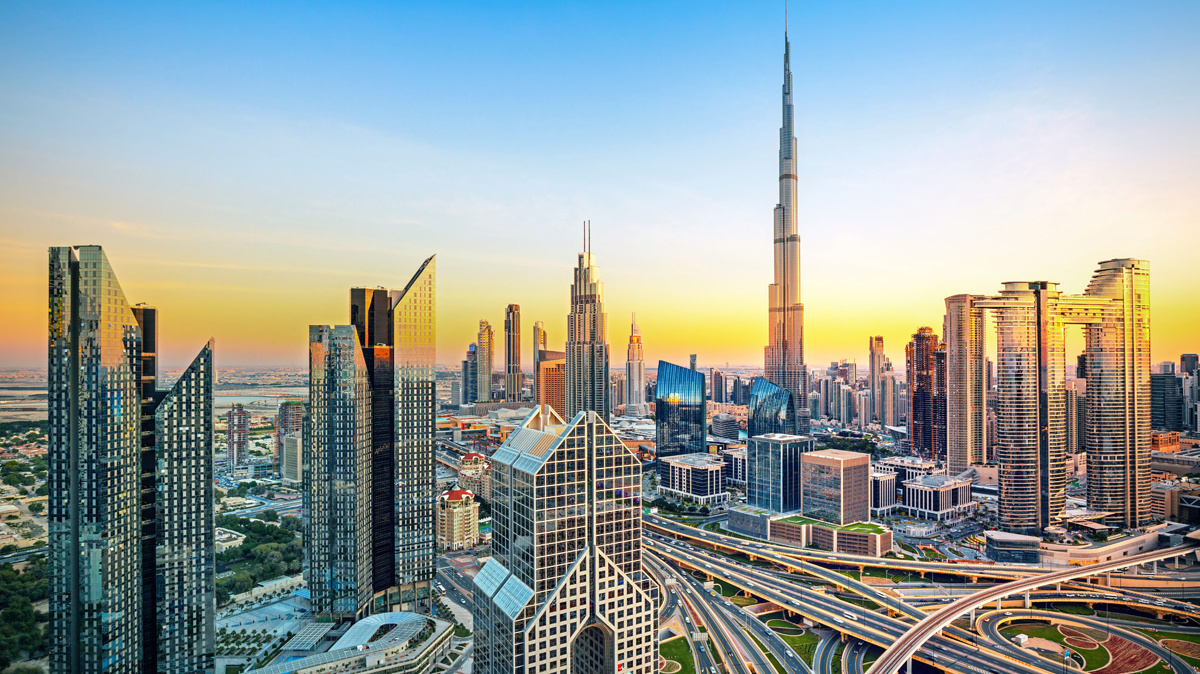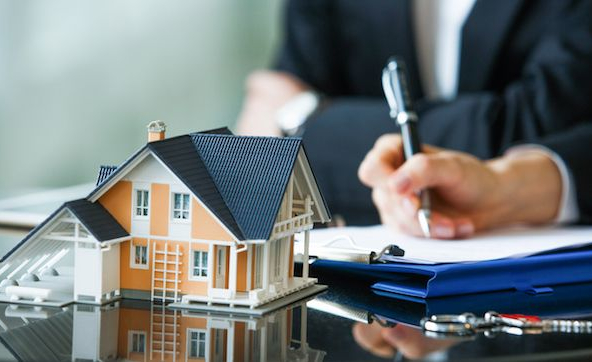The United Arab Emirates (UAE) is a country where the past meets the future, with a history that reflects its remarkable transformation from a modest desert nation to a global leader in real estate development. The evolution of real estate in the UAE is a testament to the country’s ambitious vision, strategic planning, and relentless drive to achieve excellence. This post explores the journey of the UAE’s real estate sector, from its humble beginnings to its current status as a beacon of modern architecture and urban planning.
The Early Days: Bedouin Settlements and Simple Structures
Before the discovery of oil in the mid-20th century, the UAE, particularly the Trucial States (as they were known at the time), was a region of nomadic Bedouin tribes and small fishing communities. The architecture was simple and functional, with homes made of palm fronds (arish) or coral stone, reflecting the need for practicality in a harsh desert environment. The coastal areas saw the development of small towns centered around fishing, pearling, and trading activities.
The Oil Boom: The Dawn of Modernization
The discovery of oil in the 1950s marked a turning point for the UAE, bringing unprecedented wealth and rapid modernization. The 1960s and 1970s saw the construction of the first modern buildings, as the rulers of the newly-formed UAE sought to transform the country into a modern state. The focus during this period was on infrastructure development, with the construction of roads, ports, and airports. The capital, Abu Dhabi, and the commercial hub, Dubai, began to take shape, with the construction of government buildings, residential complexes, and commercial centers.
The 1980s and 1990s: Laying the Foundations for Growth
The 1980s and 1990s were pivotal decades for the UAE’s real estate sector. With the country’s rapid economic growth and an influx of foreign workers, the demand for housing and commercial spaces surged. During this period, the UAE government initiated large-scale housing projects and infrastructure developments to accommodate the growing population. In Dubai, the construction of landmarks such as the Dubai World Trade Centre, the city’s first skyscraper, set the stage for the city’s future as a global business hub.
The 1990s also witnessed the birth of master-planned communities, with the development of areas like Jumeirah, which became synonymous with luxury living. The concept of freehold property ownership was introduced, attracting foreign investors and paving the way for future real estate developments.
The 2000s: The Rise of Iconic Landmarks
The early 2000s marked the beginning of the UAE’s real estate boom, characterized by ambitious mega-projects that captured the world’s attention. Dubai, in particular, emerged as a global real estate powerhouse with the construction of iconic developments such as the Burj Khalifa, the tallest building in the world, and the Palm Jumeirah, a man-made island that became a symbol of Dubai’s innovation and engineering prowess.
During this period, the real estate sector became a key driver of the UAE’s economy. Developers like Emaar Properties, Nakheel, and DAMAC Properties spearheaded projects that not only redefined the UAE’s skyline but also set new standards for luxury and innovation in real estate. The introduction of free zones and relaxed property ownership laws further fueled investment, attracting a diverse array of international investors and residents.
The Global Financial Crisis: A Period of Reflection
The global financial crisis of 2008 had a significant impact on the UAE’s real estate sector, leading to a slowdown in construction and a drop in property prices. However, the UAE’s leadership responded swiftly with measures to stabilize the market, including the introduction of regulatory frameworks to protect investors and ensure sustainable growth. This period of reflection led to a more mature and resilient real estate market, with a focus on long-term planning and sustainability.
The 2010s: Recovery and Sustainable Development
The 2010s saw the UAE’s real estate sector rebound strongly, with renewed confidence and a focus on sustainable development. Dubai continued to push the boundaries of real estate with projects like the Dubai Marina, Downtown Dubai, and Bluewaters Island. Abu Dhabi, too, made significant strides with developments such as Saadiyat Island, Yas Island, and the expansion of its cultural and educational districts.
Sustainability became a key focus during this period, with developers increasingly incorporating green building practices and energy-efficient technologies into their projects. The UAE also continued to diversify its real estate offerings, catering to a broad spectrum of buyers and investors, from affordable housing to ultra-luxury properties.
The Future: Innovation and Smart Cities
As the UAE looks to the future, the real estate sector is poised to continue its evolution, driven by innovation, technology, and a commitment to sustainability. The concept of smart cities is gaining traction, with developments like Dubai’s Sustainable City and Masdar City in Abu Dhabi leading the way in integrating cutting-edge technology with eco-friendly practices.
Expo 2020 Dubai has further accelerated the UAE’s real estate development, with new infrastructure, residential, and commercial projects designed to showcase the country’s vision for the future. The UAE’s strategic location, world-class infrastructure, and investor-friendly environment ensure that it will remain a key player in the global real estate market for years to come.
Conclusion
The history of real estate in the UAE is a story of transformation, ambition, and resilience. From its humble beginnings to its current status as a global real estate hub, the UAE’s journey is a reflection of the country’s visionary leadership and its determination to build a prosperous and sustainable future. As the UAE continues to innovate and expand, its real estate sector will undoubtedly play a central role in shaping the next chapter of the nation’s remarkable story.



